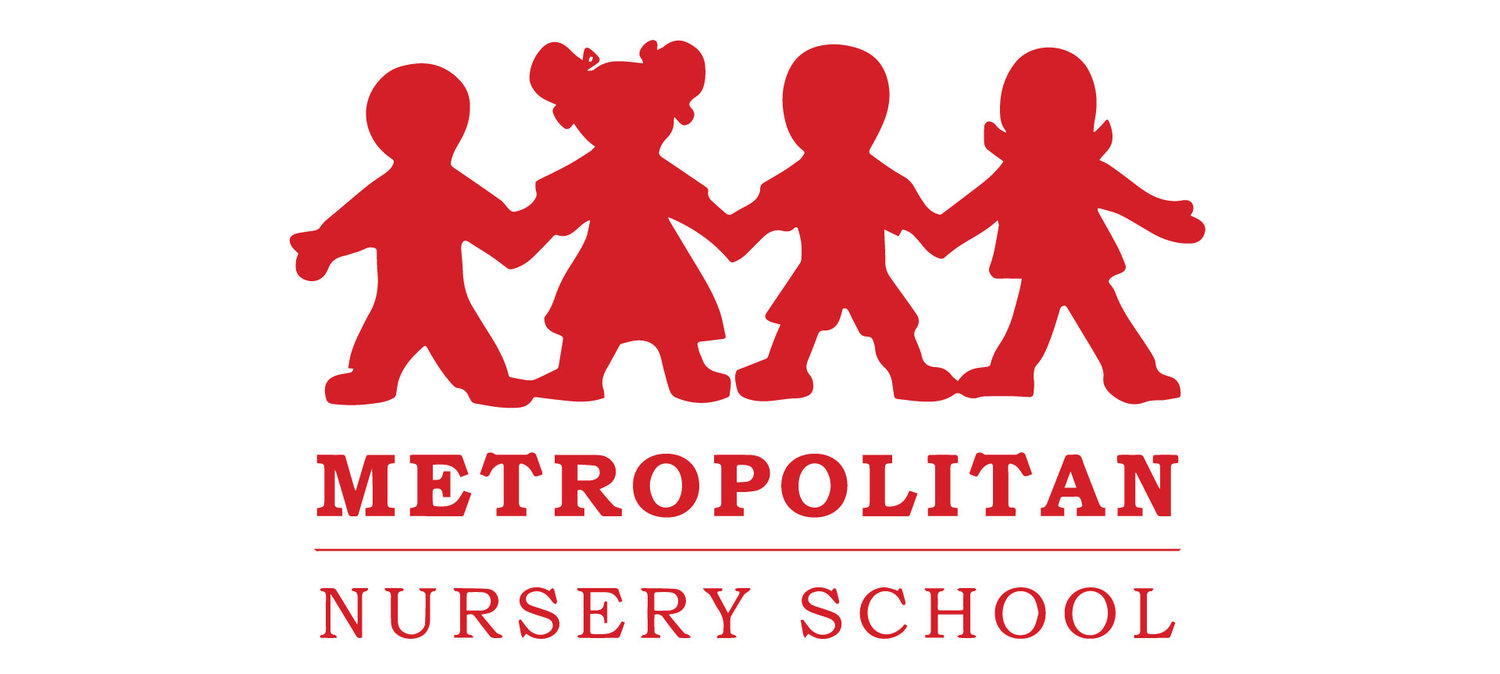I have had several parents ask me, "How do I make sure my child is ready for their next year of school?"
First, please find comfort in the idea that we are all experiencing this together, even though we are all separated. Teachers will be ready to meet children where they are developmentally when we return next year. This is true for preschoolers all the way to high schoolers. Teachers are preparing now for what to expect from the children when they are able to return to school. They will be ready to teach, comfort, and help children adjust to a changed world and they understand that ALL children will have been impacted by this extended time apart in various ways.
The sudden shift in what is "normal" can be traumatizing for adults, as well as children, and it is to be expected that we will see regressions and changes in behavior in our children due to the added stress and anxiety of the time we are living through. This article from Parent.com talks about how this experience is impacting our children and ways to help them be resilient. Please know that whatever you do with your child during this time to help them feel safe and loved is enough to ensure they are "ready" for what comes next. Making sure they are eating healthy, exercising, playing, and sleeping are the priorities. That said, you may find that part of what is helping your child feel safe is the familiarity of a "school-like" activity. Below I will share some ideas of skills your child may need for preschool and beyond, and some tips for activities you can do at home with them.
For our rising Kindergartners:
Keep their curiosity and drive to learn strong. Make sure you are encouraging their natural inclination to learn by listening to them, exploring things they are interested in, and reading to them.
Keep exercising their fine motor skills with PLAY! Gross motor/big body play helps fine motor skills develop and this list has lots of ideas for other ways to build fine motor skills at home.
Playing games can build useful social and academic skills: Candyland, Uno, Chutes and Ladders (see list below in PK tips) all build academic skills as well as teaching your child to wait, take turns, and lose or win gracefully.
This Washington Post article covers many of the skills children need to be successful in Kindergarten. And recognize that sometimes less is more.
For our rising Pre-kindergartners:
Help your child become independent with daily tasks. Allow them to dress themselves, feed themselves, collect their belongings, and put things away.
Help your child share, wait, and take turns! This can be done by playing games with your child. As an added bonus, playing these games with you will help teach them social skills they might be missing right now (such as sharing, taking turns, and losing and winning with grace).
For our rising 3 year olds:
Most learning happens naturally for our rising 3 year olds. They want to do things by themselves--let them, whenever possible.
Work on potty training, especially as the weather gets warm.
Teach them proper hand-washing, and sneezing coughing strategies. Try to make a game out of not touching their face. Being good germ fighters is going to be an important school and life skill moving forward.

